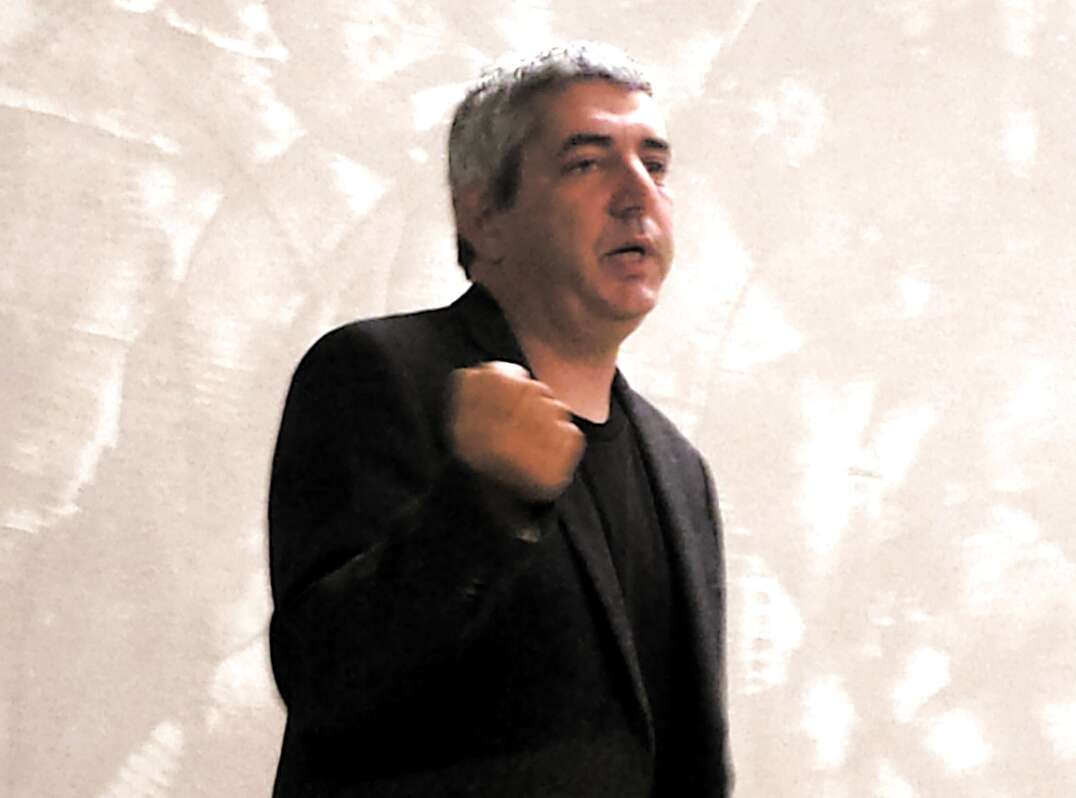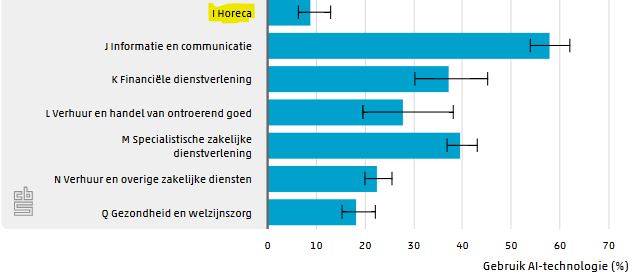A new concept is emerging: vibe marketing. Coined in tech, vibe marketing now describes a hands-on-yet-automated approach to managing customer engagement. In loyalty marketing, it means using intelligent tools to create highly personalized, data-driven programs—without getting lost in technical complexity. Rather than replace marketers, vibe marketing frees them to focus on strategy and creativity. For those looking to scale loyalty efforts with precision and agility, VEMT provides the structure and automation needed to bring the right “vibe” to every customer interaction.

Meeting up with behavioral economist Uri Gneezy in Amsterdam
He is mentioned as one of the most influential economists of this time: Uri Gneezy. Today he was in Amsterdam and Arjan Haring from The Control Group had seduced him to share his knowledge with a curious audience of behavioral scientists, CRM and E-commerce managers, finance professionals and at least one Personal Trainer (more about that later). Gneezy has an important message for such an audience, but is too modest to emphasize it too much. And the message is even more important for those who are ‘fed’ by this audience: decision makers, be it in business, government or healthcare:
Ask the right questions.
This seems easier than you would think at first glance. Gneezy shared some genius examples of how easily that goes wrong. He mentioned examples described in his bestseller book “The Why Axis”, but also referred to the recent ‘incident’ at Wells Fargo, where 5300 employees ‘had to be fired’ for fraud. Was the right question if these people had committed fraud? Well, ok, they did cross the line and they rightfully had to go. But ‘why‘ did they do that? Because they are collectively evil people? Probably not. It is because somebody has designed an incentive scheme that pushed people towards unrealistic sales goals /KPI’s that were not designed to influence employees in the right way. This is how it was able to grow into ‘a natural experiment’ about values, incentives and finance professionals.
Gneezy used questions from the audience to walk along behavioral concepts such as ‘mental accounting’ or ‘loss aversion’ and explained the main difference of experimental economics from big data: you should put your hypothesis before the experiment, not ‘walk around in the data and see what you can find’. Again: if you don’t ask the right questions, then the value of what you will find is debatable.
Interesting from a loyalty perspective is the classic example of rewarding (or punishing) people that Gneezy referred to through several examples: when you reward people for a certain specific behavior (like ‘coming on time’, ‘staying away from the girls dorm room’ or other forms of ‘doing the right thing’); the desired action suddenly has a price. Intrinsic motivation or moral justification is translated into a monetary value that can be compared with other actions with that value; and priorities shift dramatically, so behavior changes unexpectedly. Getting your kid from daycare is suddenly not anymore ‘not done’, but it costs $3, which is an ok price to pay when you’re late. Translated to loyalty, we have to point out to clients sometimes that rewarding for social interaction (ranging from ‘likes’ to ‘sharing’) can in some cases backfire when the reward increases. An emotional loyalty relationship is translated into a transactional loyalty relationship, which is ‘worth less’ in terms of loyalty goals. Personalized rewarding schemes are the answer in this case.
There’s however a level of failure beyond asking the wrong questions, Gneezy pointed out more than once. If you don’t experiment – and don’t ask any questions at all-, you will most definitely find the (sometimes costly) answers to the questions you should have asked, like Netflix did when they lost $10 billion in value after the dramatic consequences of changing their fee structure and business model in the early 2000’s.
And the Personal Trainer, you will ask? That indeed is the right question considering my earlier quote. Her presence and interest in behavioral economics is rooted into her every day exposure to clients trying to change their own behavior (and that have decided they need help to do so). Losing weight and getting in shape is a daily experiment in finding the right approach that motivates that specific client; yet, there are many similarities between (segments of) people. These daily sessions have aspects similar to Uri’s field experiments with the US education system: which rewards work best to get people to perform above average. The difference might be that they took the initiative themselves. Most likely they must find the incentive to sustain the change within themselves as well. The inspiring presence of Gneezy has motivated that trainer to start experiments with her clients. We will follow that and will add VEMT’s knowledge about rewards into this game. We’ll experience what happens with these clients on the longer term and which type of rewards will win, but also which questions we will actually have to ask. Another field experiment has been born.






